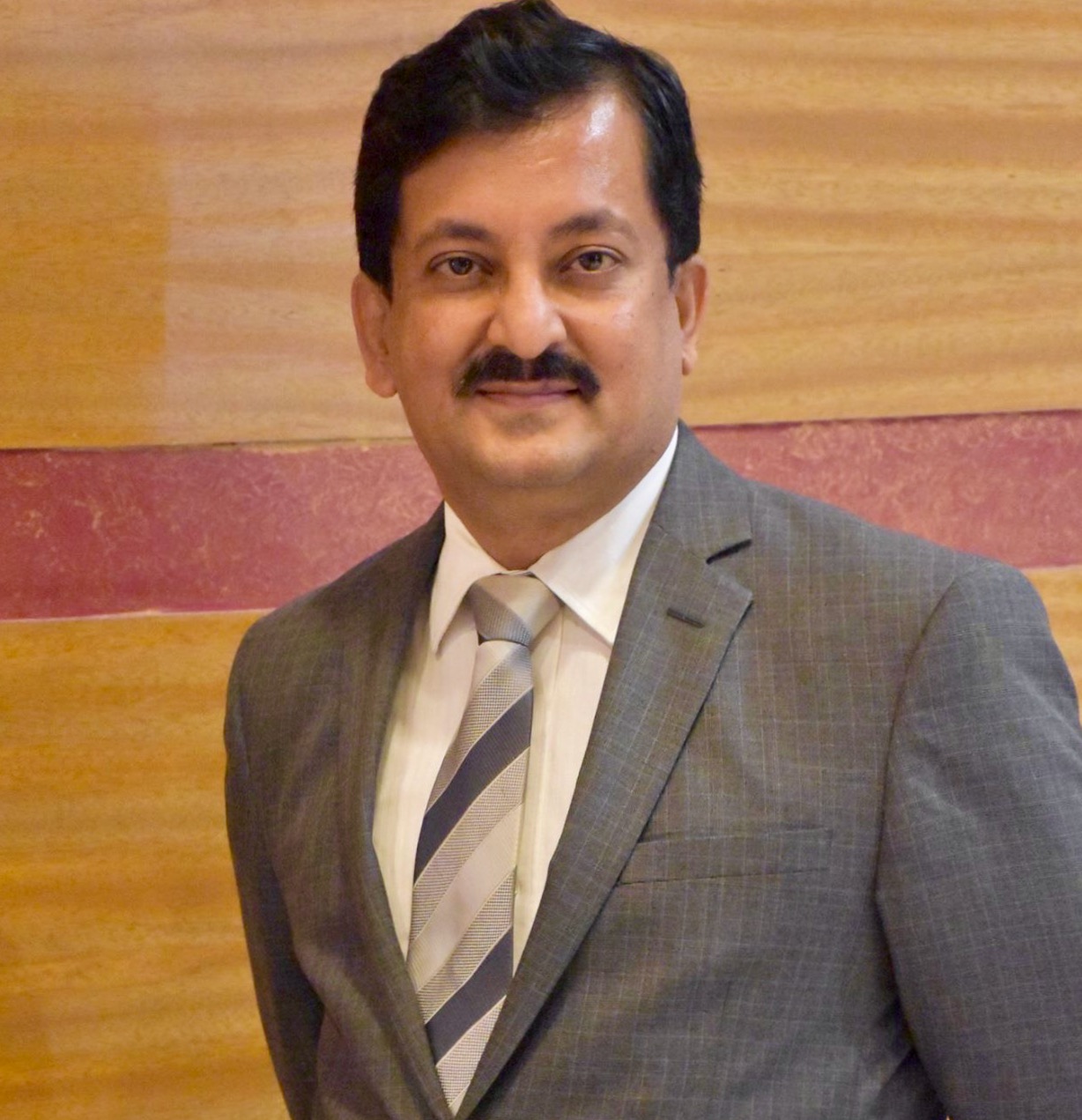“Principle of Marketing and Metrics” – Helping the digital marketer enthusiast
Written by Moloy Chakravorty, Professor of Principle & Practices of Marketing at SP Jain’s Digital Marketing & Metrics Program.

Marketing has been typically defined as the organisational function and set of processes used to create, communicate, and deliver value to the customer. Traditionally, marketing management has focussed on the 4P’s of marketing through which they have created and delivered a strong value proposition to its customers. The focus has been on providing customer solution through a product/service. Unless a company’s effectively communicated a strong value proposition to their customers, chances of success were pretty much limited. Marketing managers specialised including identifying customer needs, communicating product value to potential customers, thus generating leads for the sales organisation.
In the last 20 years, there’s been a fundamental shift in the way that people live, shop and buy. People used to work in their office from 9-5. Now they can work whenever they want, wherever they want; folks used to drive to stores and malls to make purchases, now they shop online. People used to read their mail, watch one of seven television channels, and they got their news from newspapers. Few areas of business have been disrupted by this shift more than marketing.

The change in buyer behaviour means traditionally interruptive advertising messages are no longer as effective as they once were. Inbound marketing is a methodology that is helping companies attract potential customer to their website. Inbound marketing is about generating leads through targeted content pushed out through a variety of channels including social media, blog post, SEO, and email. Powerful content now holds the key to lead generation.
Reports state that the modern buyer completes around 60% of the buying process before engaging the sales representatives. Buyers have become more knowledgeable as they now educate themselves by checking out company products online as well as downloading relevant whitepapers and case studies. Technology has broken the traditional marketing playbook. Caller ID blocks cold calls, DVR makes TV advertising less effective, and spam filters block mass emails. It’s still possible to get a message out using these channels, but it costs a lot more, and it’s increasingly less effective.
Companies have also realised that all customers aren’t equal. Some purchase once and never return. Some make a few purchases. And some love you, returning again and again. Customer Lifetime Value (CLV) measures the amount of money a customer brings in over the entire time they do business with a company. Organisations are currently calculating the CLV allowing them to figure out exactly who your best customers are. Calculating customer lifetime value can be hard work. Some companies perform one-off lifetime value analyses and use the results for months. Unfortunately, this data isn’t actionable if it’s not up-to-date. Use of the right metrics and analytics campaigns, programs, and strategies that accurately measure CLV can provide insights that inspire impactful marketing decisions, leading to profit and revenue growth.
Sitting at the cusp of marketing and data science, understanding of traditional marketing management principles, and digital marketing capabilities will provide the digital marketer all the practical know-how to address opportunities available for organisations in today’s global digital economy.
About the author:
 Moloy Chakravorty holds a Postgraduate in Biochemistry and Masters in Marketing Management from Mumbai University. After 25 years of Industry experience with several Global Organisations, he has made a career transition and is an independent strategic consultant for companies. He also consults companies on their CSR endeavors. He is a certified executive coach and conducts the mentoring program, Discover You, for mid to senior management professionals. He is also a trainer certified by Dynamic Learning Solutions, Australia and conducts workshops in Communication. Passionate about teaching, he has been a visiting faculty for marketing management and strategic management with multiple business schools in Mumbai and overseas for the past 15 years. He is also one of the Founder and Board Member for India’s most preferred Networking forum CTA-PN
Moloy Chakravorty holds a Postgraduate in Biochemistry and Masters in Marketing Management from Mumbai University. After 25 years of Industry experience with several Global Organisations, he has made a career transition and is an independent strategic consultant for companies. He also consults companies on their CSR endeavors. He is a certified executive coach and conducts the mentoring program, Discover You, for mid to senior management professionals. He is also a trainer certified by Dynamic Learning Solutions, Australia and conducts workshops in Communication. Passionate about teaching, he has been a visiting faculty for marketing management and strategic management with multiple business schools in Mumbai and overseas for the past 15 years. He is also one of the Founder and Board Member for India’s most preferred Networking forum CTA-PN

